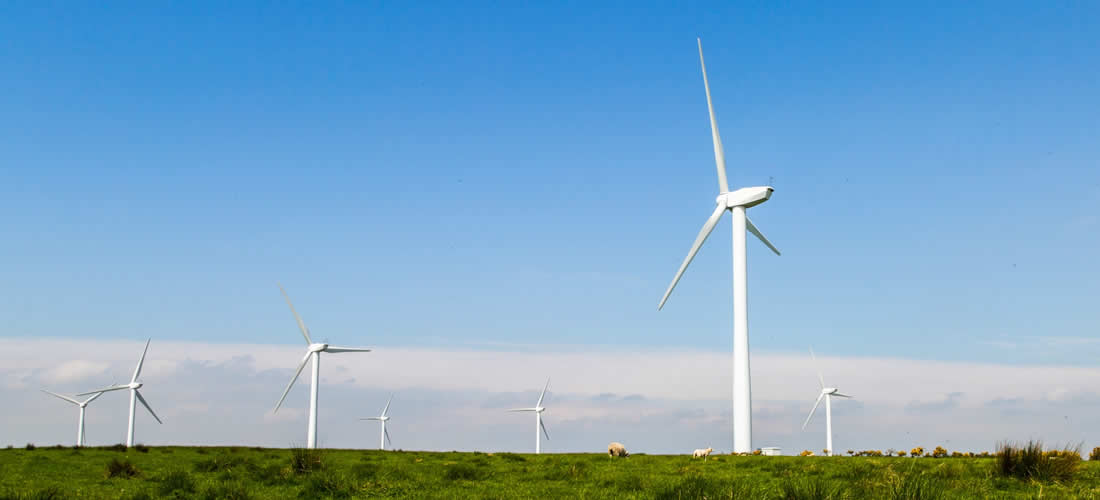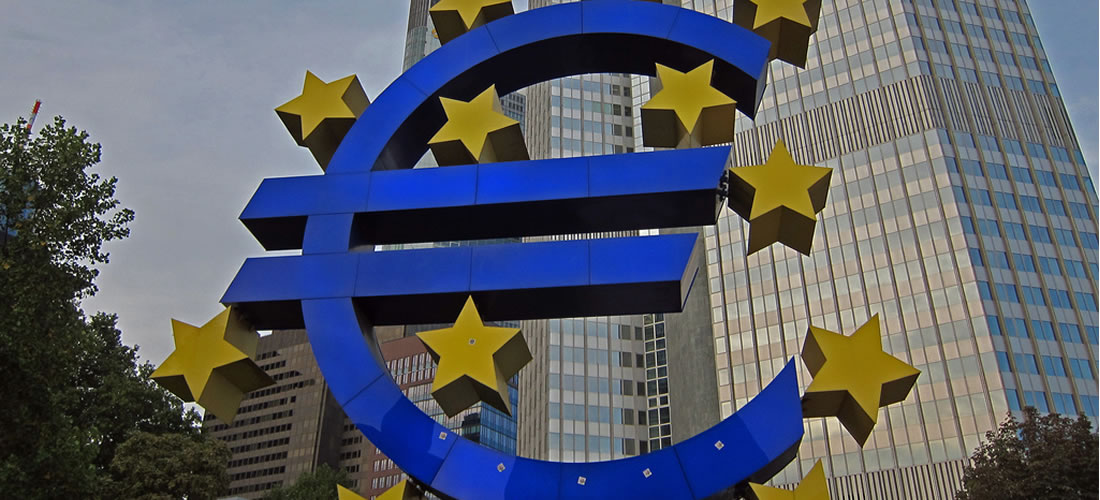Evropská komise
- Evropská komise dne 28. 11. 2018 pod názvem Čistá planeta pro všechny představila dlouhodobou vizi prosperující, moderní konkurenceschopné a klimaticky neutrální ekonomiky, včetně hloubkové analýzy. Komise vychází z klimaticko-energetických cílů EU do roku 2030 a nabízí osm modelových scénářů do roku 2050, ve kterých analyzuje, jak jednotlivé sektory a technologie mohou přispět k dekarbonizaci. Co se týká cílů do roku 2050 pro snižování emisí, pokrývají scénáře tři varianty: 80% snížení emisí oproti roku 1990 (odpovídá ambici udržet nárůst globální teploty o 2°C), 90% snížení emisí a nulové emise (odpovídá ambici udržet nárůst globální teploty o 1,5°C). V sektoru energetiky předpokládá všech osm scénářů téměř dekarbonizovanou výrobu do roku 2050 se silným podílem OZE, zapojením jádra, flexibilitou systému a využitím CCS. Komise zároveň specifikuje sedm oblastí se strategickým významem pro dekarbonizaci: elektrifikace a využívání OZE, energetická účinnost – snížení spotřeby energie do roku 2050 o polovinu (ve srovnání s rokem 2005), podpora čisté mobility, rozvoj chytré infrastruktury, využití biohospodářství, vč. pohlcování emisí, modernizace oběhového hospodářství a využití technologie CCS. Komise předložila dlouhodobou strategii Čistá planeta pro všechny s cílem zahájit diskusi ohledně ambiciózní strategie, resp. aktualizace příspěvku NDC v rámci Pařížské dohody, a to do roku 2020, jak z dohody vyplývá.
- Evropská komise dne 27. 11. 2018 schválila veřejnou podporu ve výši 600 milionů eur na podporu inovace solárních panelů ve Francii. Program, který je financován z francouzského státního rozpočtu, podpoří inovativní solární instalace s výkonem od 100 kW do 5MW. Celkově tak podpoří nasazení 350 MW výrobní kapacity. Příjemci podpory budou vybráni prostřednictvím výběrových řízení do roku 2019. Vybrané instalace obdrží podporu na období 20ti let v podobě feed-in tarifů (např. garantované ceny) nebo formou prémií k tržní ceně.
EU bude do roku 2050 uhlíkově neutrální (anglicky)
Evropská komise oznámila novou dlouhodobou strategii pro to, aby byla EU do roku 2050 neutrální z hlediska uhlíku.

The European Commission notes the importance of partnership in achieving this target. The long-term strategy aims to create a vision for stakeholders, researchers, entrepreneurs, and citizens alike to develop new and innovative industries, businesses and associated jobs.
Miguel Arias Cañete, Commissioner for Climate Action and Energy, said: “The EU has already started the modernisation and transformation towards a climate neutral economy. And today, we are stepping up our efforts as we propose a strategy for Europe to become the world’s first major economy to go climate neutral by 2050. Going climate neutral is necessary, possible and in Europe’s interest. It is necessary to meet the long-term temperature goals of the Paris Agreement.”
The role of the transport sector was also noted as being important in achieving this ambitious target.
Violeta Bulc, Commissioner for Transport, said: “All transport modes should contribute to the decarbonisation of our mobility system. This requires a system approach with low and zero emission vehicles, strong increase in rail network capacity, and a much more efficient organisation of the transport system, based on digitalisation; incentives for behavioural changes; alternative fuels and smart infrastructure; and global commitments. All this driven by innovation and investments.”
The Commission adopted its strategic vision yesterday, ahead of the COP24 which takes place from 2nd to 14th December in Katowice, Poland. During the conference, the EU will host over 100 side events at the EU Pavilion, including several events on long-term climate perspectives and strategies.
The European Union has said there needs to be a debate among member states about how to achieve the goal. To align with the Paris agreement, the EU will submit the ambitious strategy to the United Nations by early 2020.
This news follows the European Parliament approving a single-use plastic ban that is set to be put into place in 2021.
Interested in learning more about the tranition to renewable energy? Join us in Katowice for the Sustainable Innovation Forum 2018 alongside COP24 for the latest insights on the Green Economy, Sustainable Mobility, Energy Transition and Climate Finance.
Click here for further information.
 Cs
Cs